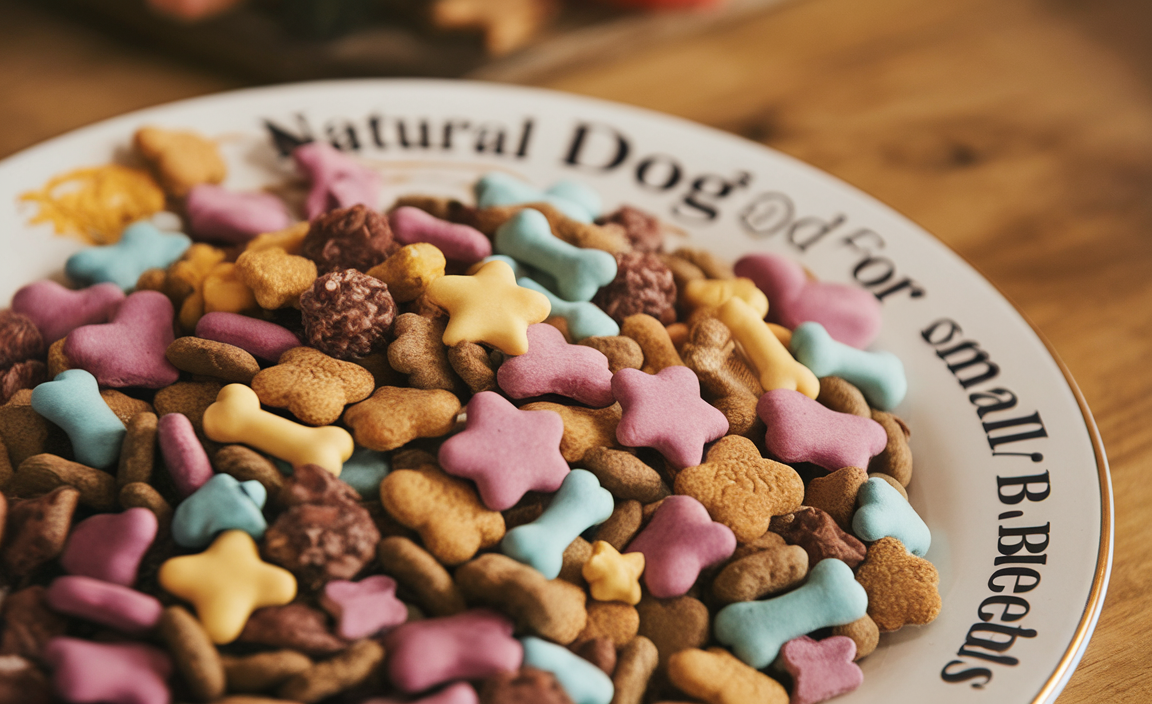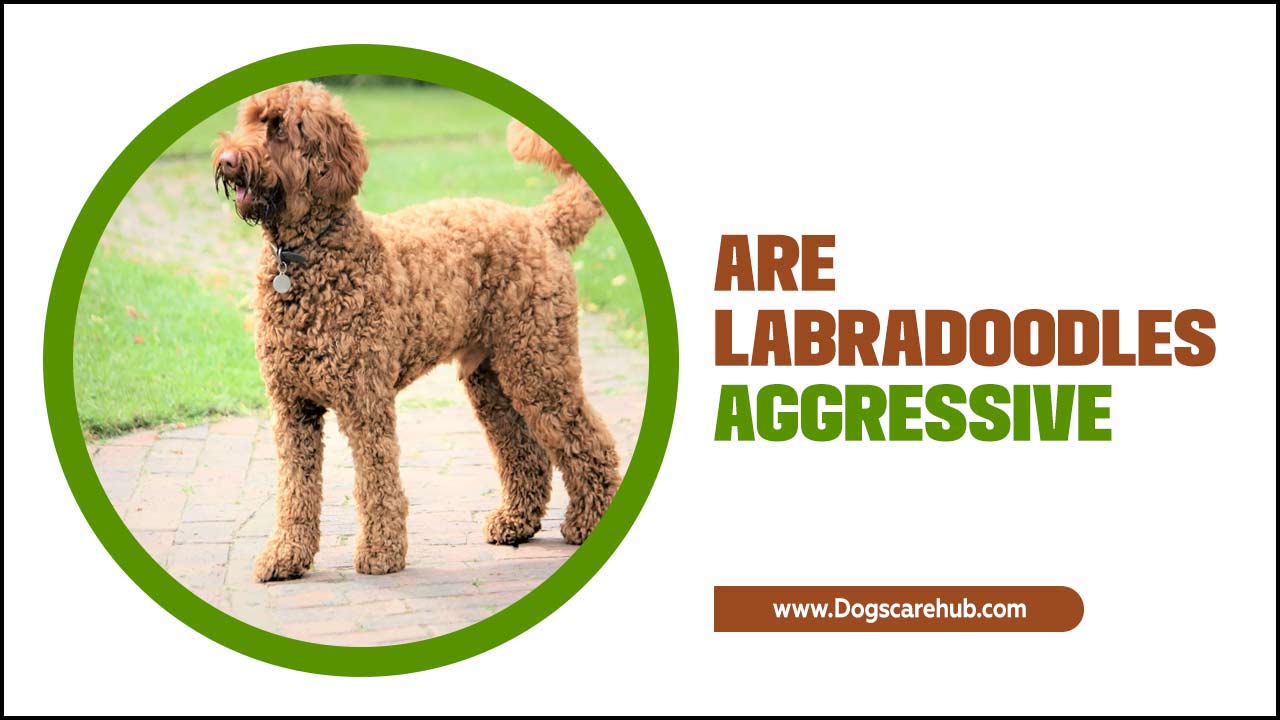The quest for the best dog food for German Shepherd skin issues can feel overwhelming, especially when your beloved canine companion is suffering. German Shepherds, with their distinctive double coats and sometimes sensitive dispositions, are prone to a variety of skin ailments. These can range from mild irritation and dryness to more severe conditions like allergies, infections, and hot spots. Fortunately, the right diet can play a pivotal role in alleviating these discomforts and promoting a healthier, happier dog.
When a German Shepherd develops skin problems, it’s a clear signal that something in their internal or external environment needs attention. While veterinary consultation is always the first and most crucial step to diagnose the underlying cause, dietary adjustments often form a cornerstone of effective management. The food your German Shepherd eats directly impacts their immune system, inflammatory responses, and the overall health of their skin and coat.
Understanding German Shepherd Skin Concerns and Diet
German Shepherds can be predisposed to several common skin issues that may be exacerbated or triggered by diet. These include:
Food Allergies/Sensitivities: These are perhaps the most directly treatable with diet. Common culprits include proteins like chicken or beef, as well as grains like corn or wheat. Symptoms can manifest as itching (especially around the paws, ears, and face), ear infections, digestive upset, and skin redness.
Environmental Allergies: While not directly caused by food, a strong immune system, supported by proper nutrition, can better manage environmental allergens like pollen or dust mites.
Bacterial or Fungal Infections: Often secondary to allergies or compromised skin barriers, these can lead to itchy, red, and sometimes pus-filled lesions. Diet can help strengthen the skin’s natural defenses.
Dry, Flaky Skin: This can be due to inadequate essential fatty acid intake, dehydration, or environmental factors.
Dull Coat: A lack of essential nutrients can lead to a lack of shine and luster in their fur.
The complexity of these issues highlights why a one-size-fits-all approach to dog food is ineffective. What works for one German Shepherd experiencing skin issues might not be suitable for another.
Key Nutritional Components for Healthy German Shepherd Skin
When selecting dog food for skin issues for German Shepherds, certain nutrients should be a priority. These are the building blocks and helpers for a resilient skin barrier and a calm inflammatory response:
High-Quality Protein Source: Protein is essential for skin and hair growth. Opt for novel or limited protein sources that your dog hasn’t been exposed to before, such as duck, venison, lamb, or even insect-based proteins. Avoid common allergens if suspected.
Omega-3 and Omega-6 Fatty Acids: These are critical for reducing inflammation and maintaining skin barrier function.
Omega-3s (EPA & DHA): Found in fish oil (salmon, anchovy, sardines) and flaxseed, these are potent anti-inflammatories.
Omega-6s (Linoleic Acid): Found in vegetable oils (sunflower, safflower). The ratio of Omega-6 to Omega-3 is important; a balanced ratio is key, with a slight preference for more Omega-3s when dealing with inflammatory skin conditions.
Vitamins and Minerals:
Vitamin E: An antioxidant that protects skin cells and aids in healing.
Zinc: Crucial for cell growth, tissue repair, and immune function.
B Vitamins: Play a role in skin cell regeneration and energy metabolism.
Antioxidants: Help combat free radical damage and support overall immune health.
What to Look For in a “Best Dog Food for German Shepherd Skin Issues” Formula
Navigating the pet food aisle can be daunting. Here’s a practical guide to identifying suitable options:
1. Hypoallergenic or Limited Ingredient Diets (LID): These diets are formulated with a single novel protein source and typically exclude common allergens like corn, wheat, soy, and artificial additives. This makes it easier to identify and eliminate potential trigger ingredients.
2. Grain-Free vs. Grain-Inclusive (and the “GRAIN-FREE DEBATE”): While grain-free diets were once thought to be the panacea for everything, regulatory bodies like the FDA have investigated a potential link between certain grain-free diets (often those high in legumes like peas and lentils) and a heart condition called dilated cardiomyopathy (DCM) in dogs. If choosing a grain-free diet, consult your veterinarian and consider brands with a robust scientific backing and those that don’t rely heavily on peas, lentils, and potatoes as their primary carb source. Many German Shepherds do perfectly well on high-quality grain-inclusive diets if grains are not their specific allergen.
3. Salmon or Fish-Based Formulas: These are excellent choices due to their high omega-3 content, which is a powerful anti-inflammatory. Look for formulas where fish is a primary ingredient and consider the source and quality of the fish oil.
4. Fortified with Omega Fatty Acids: Even if the primary protein isn’t fish, many high-quality foods will supplement with fish oil or other sources of EPA and DHA. Check the guaranteed analysis for guaranteed levels of these beneficial fats.
5. No Artificial Colors, Flavors, or Preservatives: Artificial additives can sometimes contribute to sensitivities and allergic reactions. Natural preservatives like Vitamin E (tocopherols) are preferred.
Transitioning Your German Shepherd to a New Diet
Switching your dog’s food should never be done abruptly. A gradual transition is essential to prevent digestive upset.
Day 1-2: 25% new food, 75% old food
Day 3-4: 50% new food, 50% old food
Day 5-6: 75% new food, 25% old food
Day 7 onwards: 100% new food
Monitor your German Shepherd closely during this transition for any signs of digestive issues (vomiting, diarrhea) or worsening skin conditions.
Beyond Food: Holistic Approach to Skin Health
While the best dog food for skin issues for German Shepherds is a critical piece of the puzzle, remember that a holistic approach yields the best results. This includes:
Regular Grooming: Brushing helps distribute natural oils, removes loose fur and debris, and allows you to inspect your dog’s skin.
Flea and Tick Prevention: Parasites can cause significant skin irritation and secondary infections.
Environmental Management: If allergies are suspected, try to minimize exposure to known environmental triggers.
Hydration: Ensure your dog always has access to fresh, clean water.
* Veterinary Guidance: Regular check-ups are vital. Your vet can help diagnose, recommend specific foods, prescribe medications if needed, and monitor progress.
Finding the perfect dog food for skin issues for German Shepherds requires patience, observation, and a partnership with your veterinarian. By understanding the nutritional needs of your breed and paying close attention to ingredient lists, you can significantly improve your German Shepherd’s skin health and restore their comfort and vitality.
Meet Elyse Colburn, the devoted canine companion and storyteller behind the enchanting world of “Tales, Tails, and Adventures Unleashed.” A passionate dog enthusiast with a heart full of paw prints, Elyse Colburn shares heartwarming tales and insightful adventures, celebrating the joy, loyalty, and endless antics that make every dog a true hero. Join Elyse Colburn on this tail-wagging journey, where every post is a love letter to our four-legged friends.





